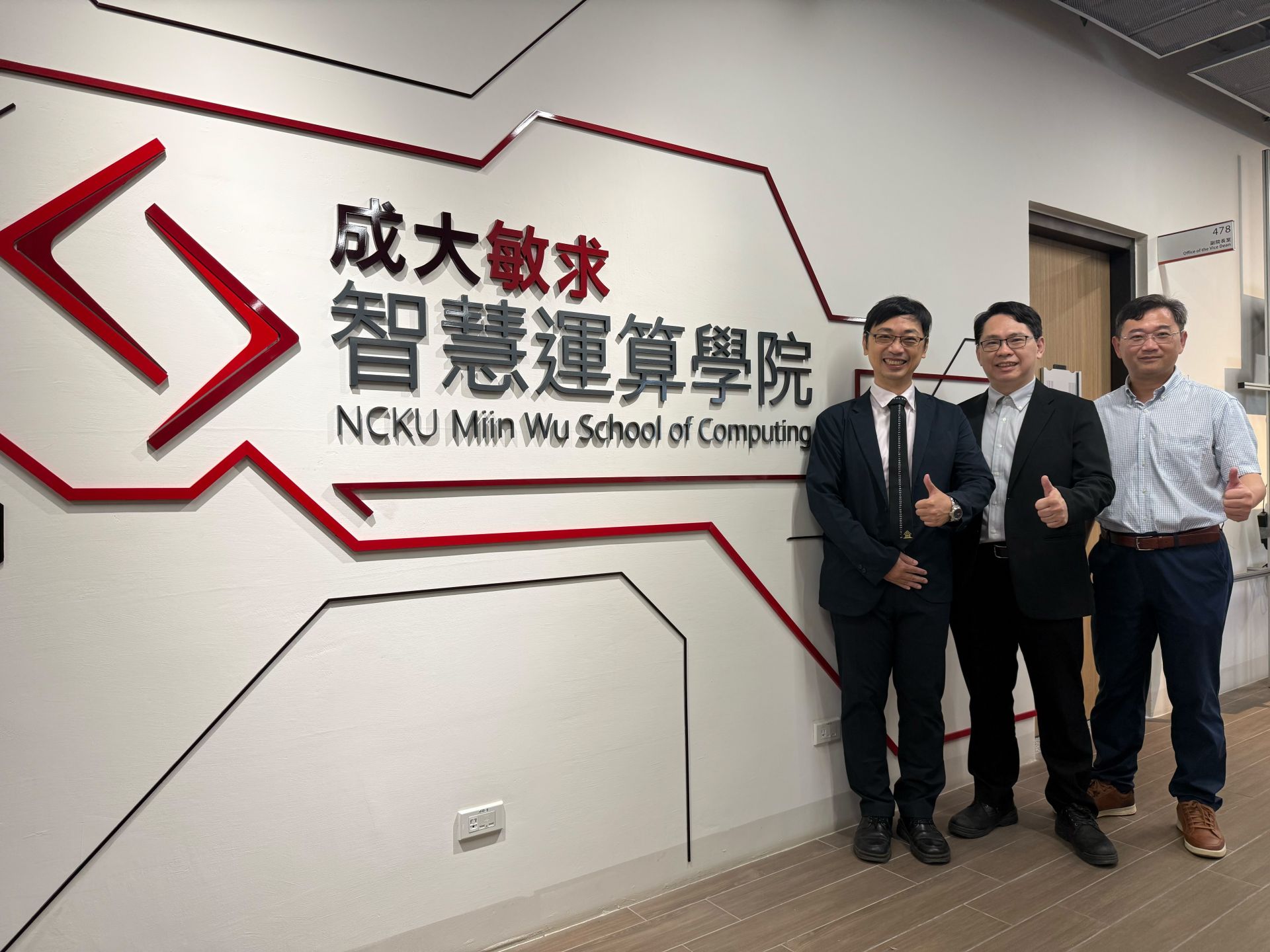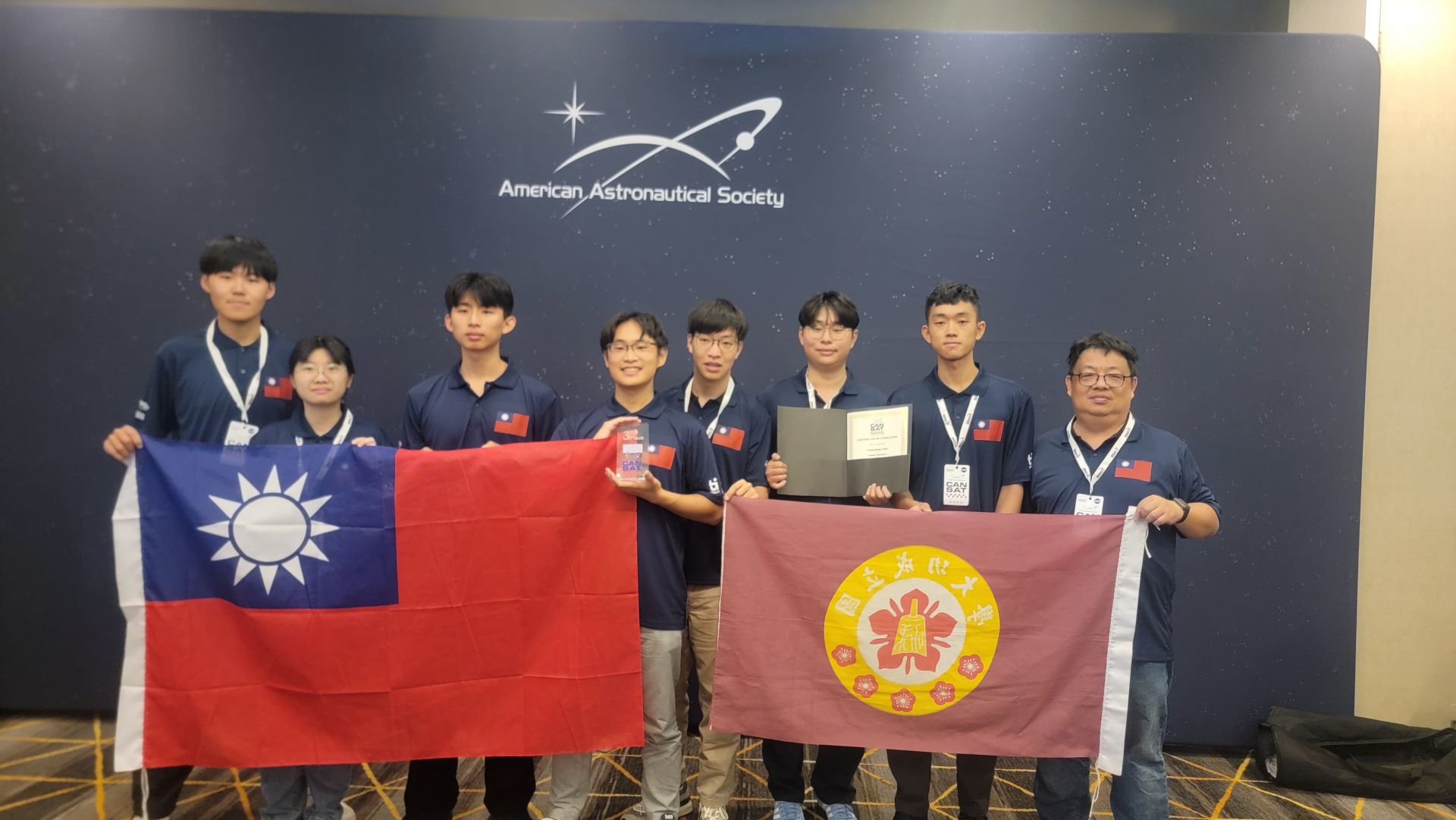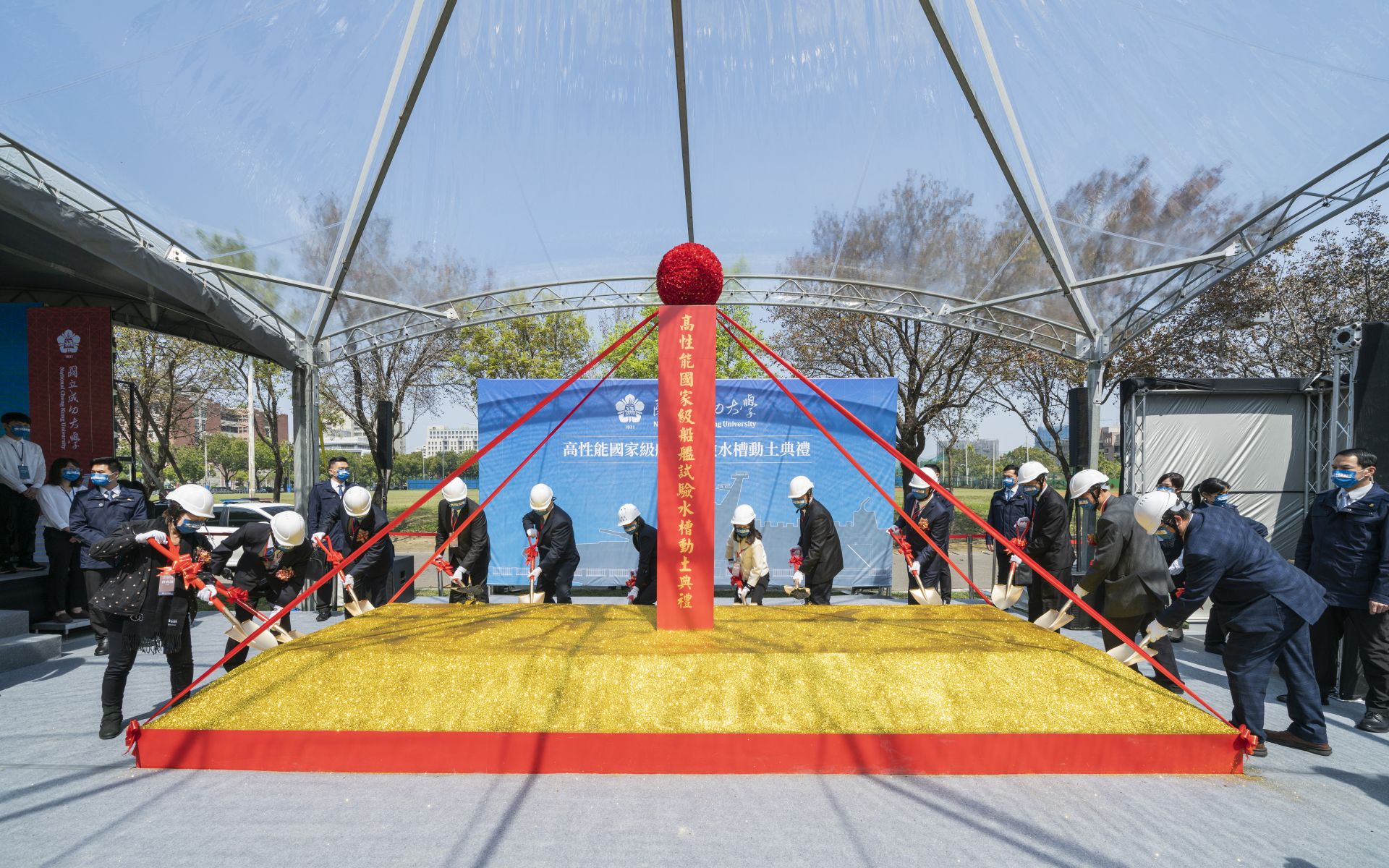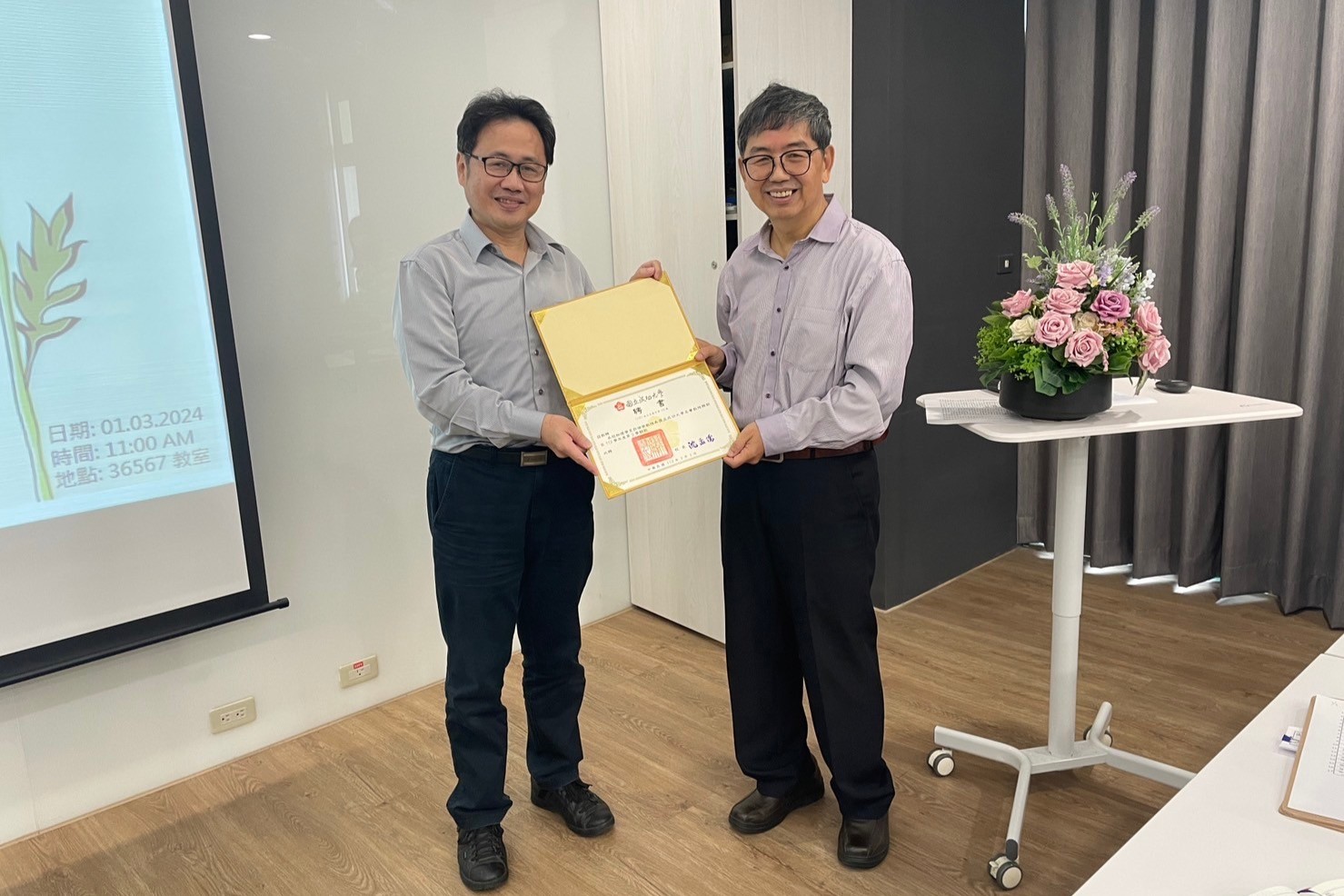Traditional computing technologies are increasingly limited in effectively addressing today’s complex business challenges. To efficiently process large-scale problems and compute numerous potential solutions, Taiwan’s national quantum technology team has launched the "Digital Annealing Research and Promotion Program," which is now entering its second phase. Annealing computing is an emerging computational technology designed specifically to solve large-scale, complex, and hard combinatorial optimization problems. Unlike classical computers, which rely on exhaustive trial-and-error methods, annealing computation simulates quantum behavior to converge on the optimal solution from a vast set of possibilities — dramatically improving problem-solving efficiency. It is particularly well-suited for tackling large and intricate optimization tasks.
The second phase of the Digital Annealing Research and Promotion Program, supported by Taiwan’s National Science and Technology Council (NSTC), is led by Associate Professor Yu-Chen Shu of National Cheng Kung University (NCKU). The interdisciplinary research team includes: Associate Professor Kun-Ta Chuang, Department of Computer Science and Information Engineering, NCKU; Deputy Director Jung-Hsing Lin, Biomedical Translation Research Center, Academia Sinica; Professor Chen-Jui Chiang, National Central University; Professor Pei-Tzu Yu, National Yang Ming Chiao Tung University; Professor Jui-Pin Chen, National Tsing Hua University; Assistant Professor Ping-Yang Chen, National Taipei University. Industrial collaboration comes from Fujitsu Limited, a pioneer in quantum annealing development, and Compal Electronics , Inc.
Associate Professor Yu-Chen Shu, the project’s principal investigator, also serves as a faculty member in the Department of Mathematics at NCKU, Director of the Master’s and Doctoral Program in Intelligent Computing, and Executive Director of the Center for Mathematical and Interdisciplinary Sciences. He explains that the program aims not only to advance foundational research in parallel annealing and AI-accelerated algorithms, but also to promote the practical use of annealing computing in key combinatorial optimization problems such as: drug molecule docking, inverse photomask design, experimental design and process and scheduling optimization.
The research team utilizes the 4th generation Fujitsu Digital Annealer, which can handle up to 100,000 variables simultaneously, with 10× performance improvement over its predecessor. For example, it can rapidly explore maximum-value logistics configurations in container shipping. Additionally, Compal GPU Annealer (CGA) leverages parallel annealing via graphics processing units (GPUs) across 16 H100 machines, capable of calculating over 1.86 million possibilities in parallel. For greater convenience and data privacy, a customizable annealing function library is now available — allowing research institutions and businesses to keep data local, reducing costs and enhancing data confidentiality and security.
Associate Professor Shu emphasizes that deep collaboration between academia and industry is key to expanding the applicability and performance of annealing computing across various sectors. The team also plans to establish a comprehensive annealing platform service, offering infrastructure and application support to both academic and industrial users.
NCKU brings robust computing capabilities to this effort through its Department of Mathematics, Department of Computer Science and Information Engineering, Center for Mathematical and Interdisciplinary Sciences, and Miin Wu School of Computing. The Miin Wu School of Computing in particular focuses on cross-disciplinary collaboration, international industrial linkage, and the development of computational science and technology to meet pressing societal needs — with annealing computing as a prime example.
The second phase of the Digital Annealing Research and Promotion Program, supported by Taiwan’s National Science and Technology Council (NSTC), is led by Associate Professor Yu-Chen Shu of National Cheng Kung University (NCKU). The interdisciplinary research team includes: Associate Professor Kun-Ta Chuang, Department of Computer Science and Information Engineering, NCKU; Deputy Director Jung-Hsing Lin, Biomedical Translation Research Center, Academia Sinica; Professor Chen-Jui Chiang, National Central University; Professor Pei-Tzu Yu, National Yang Ming Chiao Tung University; Professor Jui-Pin Chen, National Tsing Hua University; Assistant Professor Ping-Yang Chen, National Taipei University. Industrial collaboration comes from Fujitsu Limited, a pioneer in quantum annealing development, and Compal Electronics , Inc.
Associate Professor Yu-Chen Shu, the project’s principal investigator, also serves as a faculty member in the Department of Mathematics at NCKU, Director of the Master’s and Doctoral Program in Intelligent Computing, and Executive Director of the Center for Mathematical and Interdisciplinary Sciences. He explains that the program aims not only to advance foundational research in parallel annealing and AI-accelerated algorithms, but also to promote the practical use of annealing computing in key combinatorial optimization problems such as: drug molecule docking, inverse photomask design, experimental design and process and scheduling optimization.
The research team utilizes the 4th generation Fujitsu Digital Annealer, which can handle up to 100,000 variables simultaneously, with 10× performance improvement over its predecessor. For example, it can rapidly explore maximum-value logistics configurations in container shipping. Additionally, Compal GPU Annealer (CGA) leverages parallel annealing via graphics processing units (GPUs) across 16 H100 machines, capable of calculating over 1.86 million possibilities in parallel. For greater convenience and data privacy, a customizable annealing function library is now available — allowing research institutions and businesses to keep data local, reducing costs and enhancing data confidentiality and security.
Associate Professor Shu emphasizes that deep collaboration between academia and industry is key to expanding the applicability and performance of annealing computing across various sectors. The team also plans to establish a comprehensive annealing platform service, offering infrastructure and application support to both academic and industrial users.
NCKU brings robust computing capabilities to this effort through its Department of Mathematics, Department of Computer Science and Information Engineering, Center for Mathematical and Interdisciplinary Sciences, and Miin Wu School of Computing. The Miin Wu School of Computing in particular focuses on cross-disciplinary collaboration, international industrial linkage, and the development of computational science and technology to meet pressing societal needs — with annealing computing as a prime example.

From left to right: Director Yu-Chen Shu, Director of the Master's and Doctoral Program in Intelligent Computing, Miin Wu School of Computing, NCKU; Associate Professor Kun-Ta Chuang, Department of Computer Science and Information Engineering, NCKU; Professor Jui-Pin Chen, Institute of Statistics and Data Science, National Tsing Hua University






















